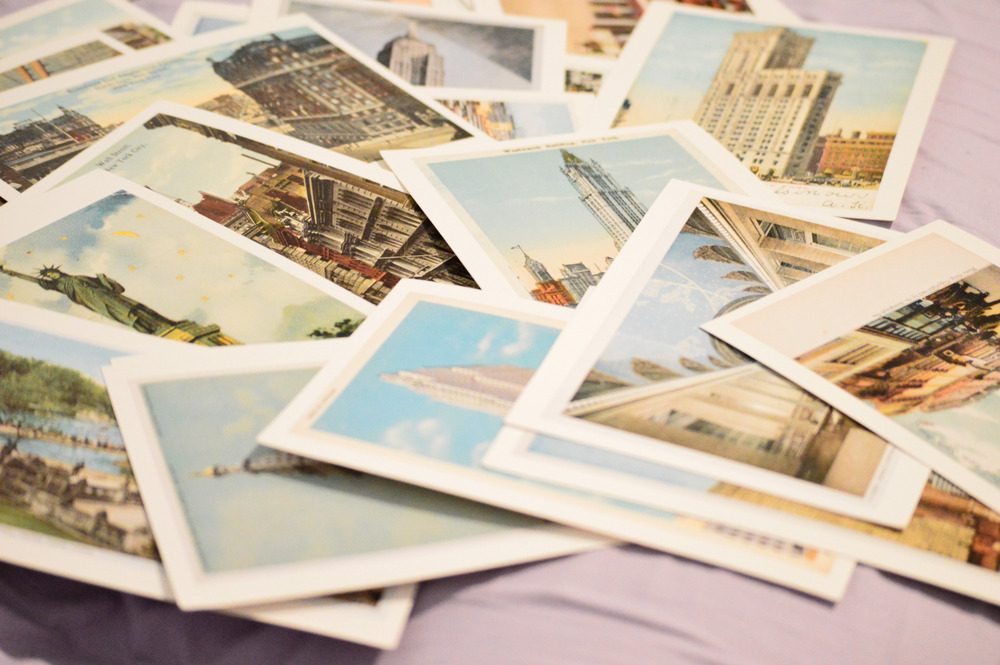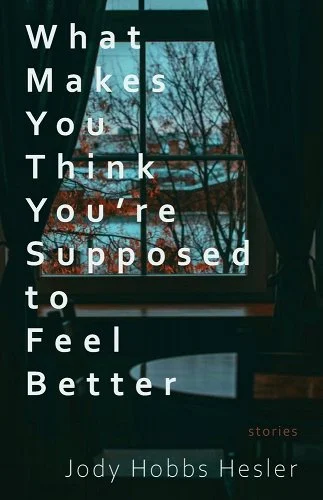Before August 2017, most people were more familiar with my home of the past 30-plus years, Charlottesville, Virginia, for its postcard appeal: Thomas Jefferson’s Monticello and the University of Virginia, his “academical village”; charming neo-classical cityscapes; undulating foothills rolling into blue-tinged mountain horizons; and a burgeoning multitude of scenic vineyards, microbreweries, and artisan distilleries, plus a growing reputation as a foodie destination.
Even in the best of times, postcards leave something out. Like how enslaved laborers built all these pretty neo-classic buildings, starting with Virginia red clay, baking it into bricks, laying each one. Like how at least two serial killers have stalked the area since the 1990s along with numbers of rapists who tend to favor small towns with large universities. Like how upside-down the economy is here, with hyper-inflated housing prices and egregious achievement gaps.
As writers, we’re always outsiders looking in, even where we live and belong. We see the postcard and its flipside and often turn to our work to reconcile the two vantages. In my fiction, I’m interested in byways and side streets, lonely spots visitors might never see. If a character belongs to the postcard landscape, they don’t fit there. My poor little characters struggle to fit anywhere in stories that engage with wealth inequity, toxic masculinity, racism, endangered children, and loss. The flipside of the postcard.
These eight story collections feature postcard destinations, too, introducing us to complicated people in troubling situations in places better known for their beaches, their celebrities, their monuments, their Space Center, or their underground gardens.
Charlottesville: My Monticello by Jocelyn Nicole Johnson
I’m far from alone in my gratitude for Johnson’s bold, fresh voice on our shared hometown. The eponymous novella combines environmental apocalypse with a resurgence of Unite the Right style white supremacists, bent on decimating the non-White population of our usually quiet little town. The opening story, “Control Negro,” faces off with a lesser-remembered recent Charlottesville racist incident, in which Alcohol and Beverage Control agents brutally arrested a young Black UVA student, slicing a gash into his forehead that required several stitches. Two years before Unite the Right, images of his bloody arrest landed in newspapers around the world. Our town has a vicious history that we’re only beginning to reckon with. Our postcards need radical updating.
Washington D.C.: Lost in the City by Edward P. Jones
If you’ve visited Washington D.C., no doubt you hit the top tourist draws: monuments to leaders and wars, Smithsonian’s treasury of art and artifacts, the White House. A handful of my D.C. favorites include the Phillips Gallery, the cherry blossoms, and Blues Alley jazz club. All offer plenty to write home about. Edward P. Jones brings us to a different iconic sector of the city—historic Black neighborhoods, whose population the Great Migration boosted. Here, well beyond the shadows of imperious monuments, his characters often interrogate D.C.’s postcard imagery, as in the title story when Lydia’s drive through the city maps touchstones of her life. For her, the National Mall is heritage and struggle versus tourist delight: “In one of the museums white men had allowed her father to make a living pushing a broom, and now she was paid in one year more than her parents had earned in both their lifetimes.” Jones’ D.C. is a rich, layered place, full of history and culture that postcards forget to celebrate.
Fresno: Waiting for Mr. Kim and Other Stories by Carol Roh Spaulding
When the Song family patriarch in Spaulding’s collection of linked stories emigrates from Korea and arrives in Fresno, California, in 1924, it is the horn of plenty, the literally fruitful California that would entice the Joads and legions of others to seek better fortunes there within ten years. Los Angeles, Napa and Sonoma, San Francisco, Palm Springs and other cities beat Fresno in tourist appeal, but it boasts some local beauty and the unique historic Forestiere Underground Gardens. For the Song family, Fresno becomes a new home, with all the complexity of any diasporic family home. There is beauty: “The cactus and juniper are twinkling, while overhead, the dark rim of the desert mountains spills its bowl of stars.” And there is an abiding displacement that flows down the generations, first voiced by the Song matriarch, when she was pondering the plight of migrating birds: “maybe what’s home to me is away for them. Or wherever they alight is home. Or all places are away and no place is home.” Perhaps a postcard could characterize this rootlessness with a hologram, showing California at one angle, Korea at another.
Kansas: Bad Kansas by Becky Mandelbaum
According to an NPR story of yore, someone computed whether Kansas actually is as flat as a pancake and determined that, in fact, Kansas is flatter because of pancakes’ slight natural curvature. The epitome of a flyover state, Kansas makes an apt backdrop for Mandelbaum’s stories of lost love. The landlord in one story sums up the sensibility this way: “It’s either school, a job, or a girl…Or death. Those are the only reasons for coming to Kansas. Unless you’re born here, of course. Then it’s a matter of escaping.” These characters drool over postcards from any destination these other collections inhabit. Their ambivalence about or downright dislike of their non-postcard home so subverts the theme here that, for me, they swing this collection full circle to clinch it.
Trinidad: Pleasantview by Celeste Mohammed
The idea for this list’s theme arose from a Rumpus interview with Mohammed after her linked collection came out, when we talked about the weight of understanding the good and bad in our homeplaces. Visitors flock to Trinidad for its beachscapes, cuisine, and music culture without considering the complicated social and political landscape of this post-Colonial, post-slave trade, crossroads nation. In linked stories, Mohammed introduces us to a range of characters from different rungs of the social and economic ladder. In one story, Gail believes her pregnancy will hoist her way up that ladder, imagining her sugar daddy will trade in his old wife for her. Her view of what she hopes to leave flips Trinidad’s postcard and reveals many of the contradictions the other stories further explore: “No more stepping over shit-smelling drains, no more bullets popping all hours of the night, no more wondering when the garbage truck will pass, no more feeling shame to write my address on a form.”
Houston: Lot by Bryan Washington
Also known as “Space City,” the vast, cultural melting pot of Houston is the fourth largest city in the U.S. and home to NASA’s Mission Control, where the intergalactic messages of “The Eagle has landed,” and “Houston, we’ve had a problem,” were received then relayed to the rest of the world. Washington’s characters are more concerned with subsistence than outer space, and Houston through their eyes looks more dystopic than space age: “The sky had dimmed into this murky blue, like all of the smog had finally congealed, and our end of the bayou peeked over the mud, slipping straight into the water sloshing beneath it, until the water turned into mud, and the mud congealed into dirt, and that dirt made the bedding for the glossy buildings behind it.” Picture that on a postcard.
Swimming pools across the world: No Diving Allowed by Louise Marburg
Swimming pools anywhere feel postcard appropriate, and each story in Marburg’s collection features one—at a Tanzanian safari resort; a remote French countryside home; a beachside hotel; homes of various unlikable people whose families are at odds. Two pools best suited to the flipside theme are one in which a niece discovers her uncle “floating facedown a couple of inches below the surface,” a victim of suicide, and the other, which belongs to a teenager named Emma. Her parents are divorcing, leaving her and much of the household neglected. Their pool “was empty because there was a crack in its side that needed to be patched, so Emma used it as a hideout when she wanted to get high.” Not quite picture perfect.
Hollywood: Pure Hollywood by Christine Schutt
The Hollywood and Hollywood-adjacent stories of Schutt’s collection better resemble BoJack Horseman’s dark, dissipated “Hollywoo” than the flashy glitz the seaside celebrity mecca is known for. As a nice segue from Marburg’s collection, a swimming pool in this one captures the mood of Schutt’s often drunk, certainly despairing, frequently erratic characters. This pool belongs to the home Mimi shared with her much older, very famous comedian husband, who died of a heart attack and left her with nothing. It “was not very deep, which might explain the slightly yellow color of the water, and the sky, too, was a creepy kind of yellow, a spreading dread,” an appropriately miasmic depiction to round out this list.

